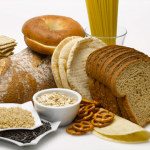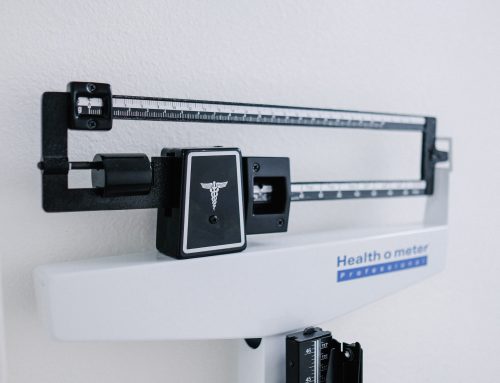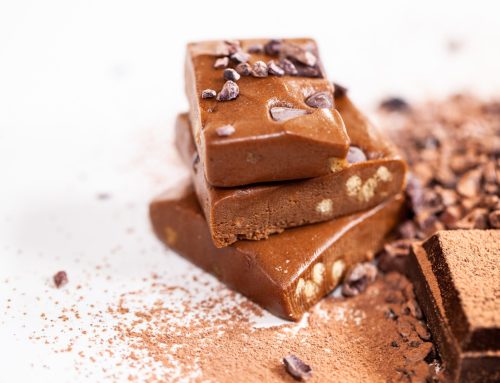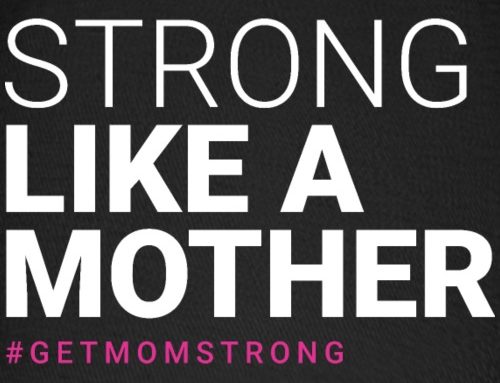Wonder what all the hype is over gluten free diets? I’m here to sum up a few key points, you might be interested in knowing. First, let’s see if it’s possible that you could benefit from trying a gluten free diet.
“Gluten intolerance is 30 times more prevalent than Celiac Disease”
“1 in 7 people are sensitive to gluten but test negative for Celiac Disease. They suffer many of the same symptoms and are known as Non-Celiac Gluten Sensitive (NCGS).”- Dr. Axe
Do you suffer from any of these symptoms?
If yes, you might consider eliminating gluten and wheat from your diet, for as little as a few days (but I do recommend 2 weeks minimum). If you notice your symptoms getting better, or you are feeling different, consider extending your trial period to a month or more.
What are gluten and wheat, exactly?
- Wheat is a type of grain, that is now genetically very different from what was grown 50 years ago.
- All wheat (and wheat products) contain gluten and lectins (proteins).
- Wheat is what flour is made of. Anything that contains wheat flour, contains wheat and gluten (any bread or bread-like product, pasta, crackers etc).
- Gluten is not only found in wheat products, but also in rye, barley and oats (unless they are “gluten free oats.”
Why are they problematic for some people?
- Basically, some people are better at breaking down these proteins than others. This ability is dependent on a wide variety of health factors and genetics.
- Lectins are present to protect the grain from being eaten. They are not able to be fully broken down in the digestive process. This leaves behind large protein molecules intact, in the gut. These large molecules make their way outside of the intestines, where they shouldn’t be. Your body sees these large proteins as “invaders” and initiates you immune system to “attack,” by creating antibodies to the proteins. These protein chains look very much like some proteins found in your body (organs and tissues), and the antibodies mistakenly also attack those as well (autoimmune conditions).
- Now your gut is inflamed because the lectins have damaged it, and poked through. Other organisms (bacteria, parasites, viruses, undigested food particles etc) are now able to cross the intestinal lining, putting your entire immune system into a tail spin. You are now, constantly fighting off pathogens that should have been kept out with a healthy intestinal lining.
- Lectins also effect an enzyme called Transglutaminase (TG). This enzyme has an effect on every single protein in our bodies! Can you imagine? This can have an effect of every organ and endocrine system in our body.
- So why these problems now, and not back in the day? Our food preparation is very different than what was once used. We used to use a soaking method for grains, which would help to break down these lectins. Our preparation of these grains, does not include soaking anymore. Also, our grains are genetically different (containing much more gluten, often) than even 50 years ago.
- The mechanism of how gluten contributes to intestinal damage, is still unknown. There are a few theories, which are listed below:
- Chris Masterjohn, editor of the website Cholesterol and Health-
- Some of us may have a gene that causes our immune system to look on gluten protein as a microbial invader.
- Antibiotic use and indigestible food intake may damage intestinal probiotic bacteria. Feeding infants grains before they are able to truly digest them may increase the risk of dysbiosis: damaged gut flora.
- Low-nutrient diets may interfere with the suppression of certain immune cells that attack harmless proteins.
The major point I want to make here, is that if you are suffering from symptoms that could be due to wheat or gluten sensitivity, you might consider changing your diet. It’s just food, people! But, it can be very powerful. Doing an elimination diet like this, can tell you so much about your body, without expensive testing or drugs! Why not use your body as a test? You have absolutely nothing to lose. If it doesn’t do anything for you, well then at least you have ruled out a possibility. It’s a temporary diet, which is something you must keep in mind. Yes, it may be somewhat depriving, but it’s in the name of science and your health 🙂 Those foods will still be there, after your gluten free trial. Keep this in perspective. 
- Check out this video- it pretty much sums it up: http://www.doctoroz.com/
videos/right-way-go-gluten- free
- In short, the study that this media explosion was based on, was flawed in numerous ways. The conclusion that one person made, was not in fact what the study said. It’s a case of poor interpretation of results, and the snowball effect of media sensationalism thereafter. Gluten expert Dr. Tom O’Bryan, goes into detail about the conclusions from the study that caused this headline news. Check out his article here: http://cdn.thedr.com/wp-content/uploads/2014/06/Gluten-Sensitivity-w-o-Celiac-Disease-Is-it-a-Fad-3.pdf
STILL HAVE QUESTIONS? Let me know in your comments, below!
 My office is open for in-person and virtual appointments. Here is the
My office is open for in-person and virtual appointments. Here is the 



